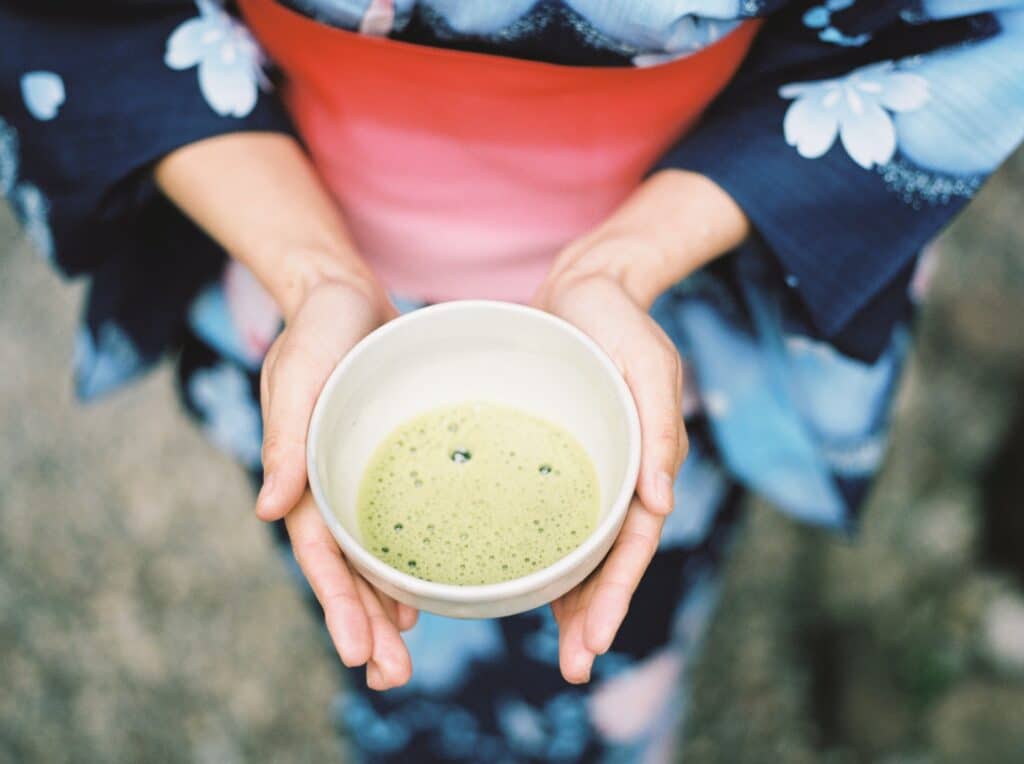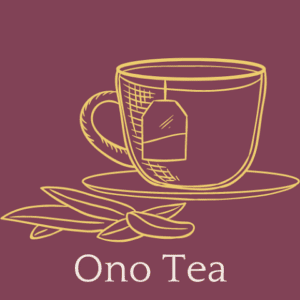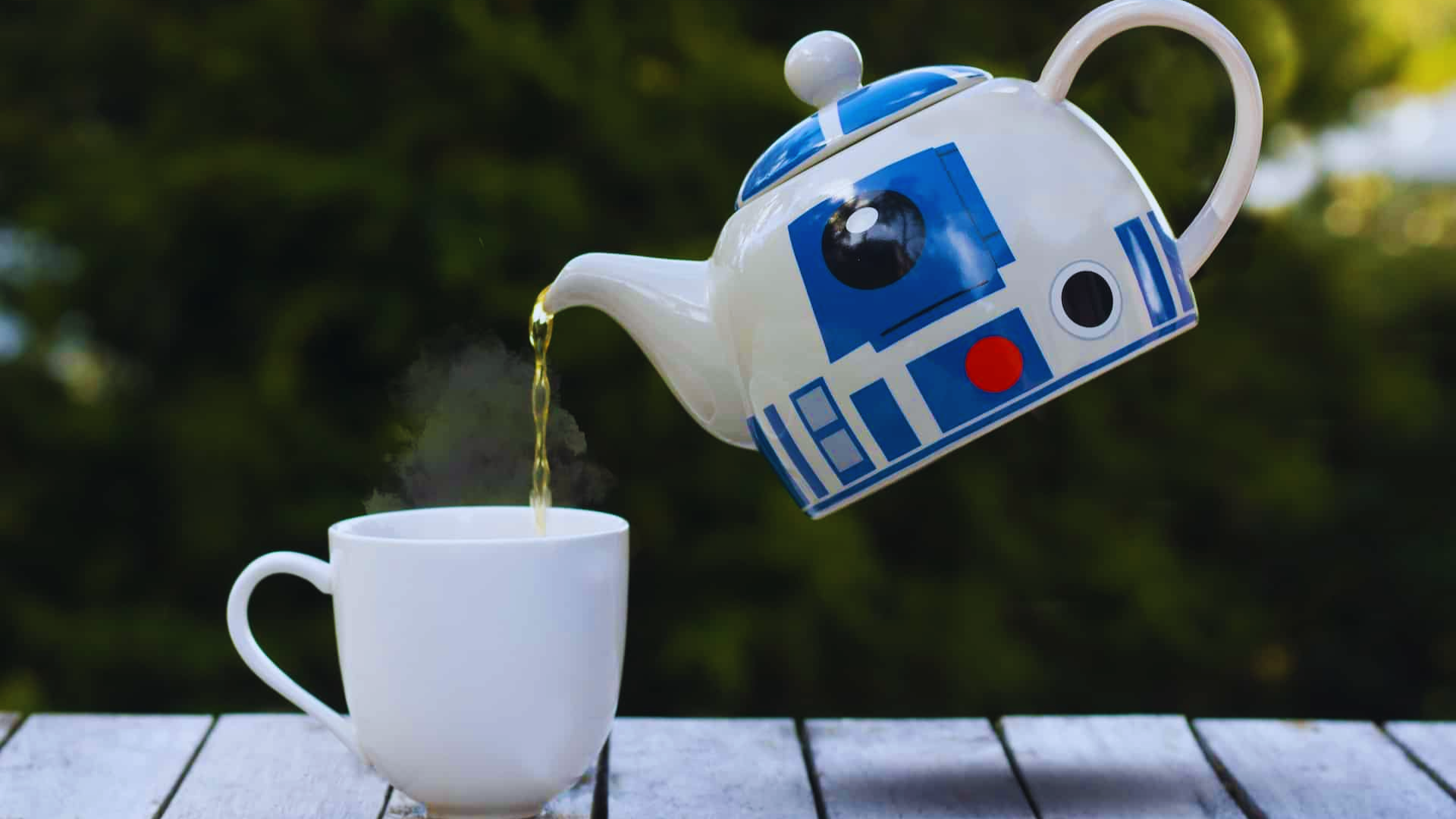A painful and sensitive mouth is a frequent side effect of having teeth extracted. Taking good care of your mouth after extraction can help it recover faster and reduce the risk of infection. If you’ve just had teeth extracted, you may be wondering whether you can still enjoy your favorite cup of tea. Tea has a number of possible health benefits, including anti-inflammatory and antioxidant qualities.
So, is it OK to drink tea after having a tooth extraction? In a nutshell, yes, tea can be consumed after a tooth has been extracted. To do so, however, you must first take into account a few crucial elements. You may consume warm (not hot) beverages, such as tea, but only if they are shipped quickly and not swished about the socket area.
This post will cover all the bases and provide all the information you need.
Can I Drink Tea After Tooth Extraction?
When it comes to drinking tea after tooth/ wisdom tooth extraction, the answer isn’t straightforward. It depends on various factors, such as the type of tea, how soon after the procedure you plan to drink it, and your healing process. Key considerations include the following:

Timing
Before everything else, you should wait until the anesthetic has worn off entirely before consuming hot liquids or spicy foods. This is because the anesthetic’s numbing component may make swallowing difficult and raise the patient’s risk of choking. However, if your mouth is still numb after getting a shot, drinking hot drinks might increase your chances of getting a burn on your tongue or inside of your mouth.
As the effects of the anesthetic wear off, you’ll be able to resume normal fluid intake. You shouldn’t use a straw for the first day after getting a tooth pulled. This is because the sucking action may cause the blood clot in your socket to break loose, resulting in the excruciatingly painful condition known as dry socket.
The Type of Tea
After getting a tooth pulled, the best tea to drink is one that is lukewarm or room temperature. If your teeth are sensitive, you shouldn’t drink hot beverages like tea or coffee.
In addition, sugar and milk in your tea might slow down the healing process and even increase your risk of infection, so it’s best to keep them out. Alternatively, you may try flavoring it with a touch of honey or a squeeze of lemon.
Healing Process
Having a cup of tea after getting a tooth pulled has been shown to speed up the healing process. Particularly beneficial for the healing process are the tannins included in black tea, which may aid to decrease inflammation and increase blood clot formation.
You should watch where the tea goes in your mouth, however. Gently swirl the tea about your lips after each drink, taking care not to spit it out. Tea leaves and other solid components of the tea might become lodged in the and slow the healing process, so it’s best to avoid chewing on them.
Tips for Drinking Tea After Tooth Extraction
If you’ve just had a tooth pulled out, you should know that drinking tea may help reduce swelling and discomfort following surgery and potentially help avoid infection. In any case, if you drink your tea in a certain manner, you may help reduce the risk of side effects and maximize its therapeutic potential.
Remember, don’t swish, Don’t use a straw, don’t drink hot tea, and use the tea bags to soothe the pain.
Benefits of Drinking Tea After Tooth Extraction:
There are possible advantages to drinking tea after having extracted it, but there are also some risks. Some of how tea might help you recover after teeth extraction are as follows:
Reducing Inflammation
We have discussed how the anti-inflammatory qualities of some teas might help alleviate oral discomfort.
Tea’s natural anti-inflammatory characteristics make it a useful tool for dealing with internal swelling. After having a tooth extracted, when the tissue around the socket may be irritated, this might be extremely helpful. Recovery following may be aided by drinking green tea, which has anti-inflammatory qualities.
Comforting Affect
The relaxing effects of herbal tea, and tea in general, are well-documented. It’s common to have discomfort and swelling in the mouth and gums after having teeth extracted. A warm cup of tea is a terrific way to soothe pain and distress.
Consuming a cup of tea is a great way to unwind and ease tension. In particular, chamomile tea has been shown to reduce anxiety and tension, making it an appealing option for people recovering after a tooth extraction
Antioxidants
The many antioxidants in tea have been shown to have beneficial benefits on health. Antioxidants have been studied extensively for their ability to reduce inflammation and speed up the healing of wounds. If you’ve just had a tooth pulled, drinking tea may help you recover more quickly by giving your body the antioxidants it needs.
Hydration
After teeth extraction, you should take special care to drink enough water. Tea is a great way to stay hydrated and has other health advantages as well. It’s essential to remember, however, that drinking excessively hot tea will irritate the extraction site, so be careful.

Risks of Drinking Tea After Tooth Extraction:
Along with potential benefits, there are also some risks to drinking tea after extraction. Here are some of the risks:
Irritation
If you’ve just had an extraction, you may find that drinking hot tea aggravates the. It may make things worse by increasing pain and swelling and might even delay recovery. If you like your tea on the mellow side, wait until it cools down a little before sipping it.
Staining
Teeth discoloration can happen by drinking tea, particularly black tea. After having a tooth extracted, the area may be sensitive and more susceptible to discoloration from food and other substances, thus this may be troublesome. Be aware of the kinds of tea you’re drinking and steer clear of the ones that might leave a stain.
Slow Recovery
Tea’s caffeine content may slow the body’s natural recovery time. Avoid consuming hot coffee, since it can elevate heart rate and blood pressure, which might hinder the healing process. After having a tooth extracted, we recommend that you drink decaffeinated tea or otherwise reduce your caffeine consumption.
Dry Socket
Once a tooth is extracted, a dry socket is a typical issue that might arise. Straws are not only inconvenient, but they may also increase your chance of having a dry socket after tooth extraction by disrupting the blood clot that develops in the extraction site. After tooth extraction, you shouldn’t sip tea using a straw.
Interaction With Medicines
It’s possible that certain teas, particularly herbal teas, might counteract the effects of the drugs you’re taking. Consult your dentist or oral surgeon before you drink coffee or tea after tooth extraction to verify that it will not interact with any drugs you may be taking. The same applies if you drink alcohol too.
Conclusion
While there are numerous advantages to drinking tea after having a tooth/ wisdom teeth removal you should be aware of the risks of drinking hot liquids. Tea may be a great source of healthful antioxidants, but it’s crucial to watch how much of it you consume, how hot it is, and what kinds of teas you’re drinking. If you have any concerns or questions concerning your recuperation, you should talk to your dentist or oral surgeon.
Sources
- https://www.webmd.com/diet/can-tea-help-with-inflammation
- https://www.health.harvard.edu/nutrition/the-health-benefits-of-3-herbal-teas
- https://www.hsph.harvard.edu/nutritionsource/food-features/tea/#:~:text=Polyphenols%2C%20or%20flavonoids%2C%20are%20likely%20a%20key%20component,damaging%20effects%20of%20free%20radicals%20in%20the%20body.

